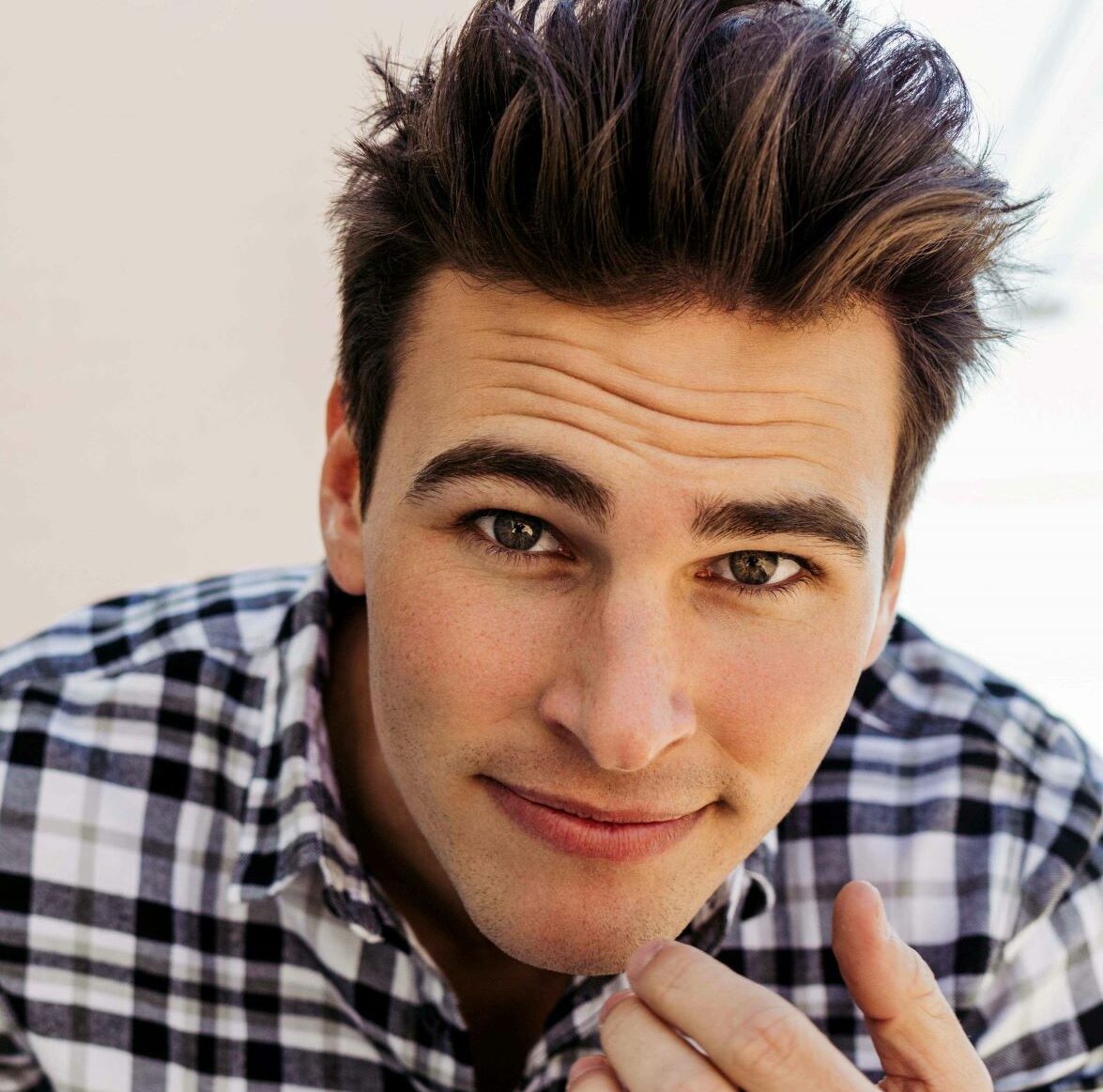
Men’s Health Magazine Features Dr Farjo in Hair Loss Article
10th October 2010

The November edition of Men’s Health magazine features an article titled ‘Hair Today’. You can read the full article by clicking on the icons at the bottom of the page. On the whole it is interesting and informative and quotes Dr Bessam Farjo’s opinion several times. Some of the other information and advice however, Dr Farjo has reservationabout. For example:
- SLS (Sodium Lauryl Sulphate) in shampoos and the like is controversial amid claims of toxic effects on the skin. Whereas there is mileage in the claim that an SLS free product would not be toxic, Dr Farjo is not aware of any scientific evidence that suggests SLS-free shampoo has any beneficial effect with regards to preventing hair loss or promoting hair growth.
- It is way too simplistic to say a high protein diet promotes hair growth via more keratin formation.
- Patterned hair loss can be inherited from either parent and not just the mother. It is true that one of the genes that is responsible for the loss is carried on the x chromosome, but hair loss is polygenic ie a result of multiple genes. We have many patients with advanced baldness who have no one with hair loss from their mother’s side of the family
- Dr Farjo agrees that Minoxidil (also known as Regaine or Rogaine) is beneficial but it does not work via increasing blood supply to the scalp. Drs Farjo have been collaborating for a number of years with Prof V Randall and her group at the University of Bradford on this subject. We have shown that Minoxidil exerts its hair promoting action via the potassium channels. This research and its results was published in the peer reviewed FASEB journal last year. See http://www.fasebj.org/cgi/content/abstract/22/6/1725
- Low Level Light Therapy (LLLT, commonly referred to as laser) is a controversial therapy that has suffered credibility partly due to sales push ahead of scientific proof. This does not mean it would not work, just that we dont know the full facts and willing patients need to understand this. There is also for now, a lack of credible independant clinical trials data. In any case, increasing scalp blood supply is very unlikely to be the explanation of its action as there is no evidence to suggest lack of blood in the scalp in the first place. A reknowned expert on this issue, Prof Hamblin of Harvard Medical School, gave a lecture at the ISHRS meeting last year and he explained that at least in wound healing the light acts via cytochrome c oxidase enzyme in the mitochondrial respiratory chain. This ultimately leads to changes in gene expression levels.
- PRP (Platelet Rich Plasma) is another controversy that has the hair scientists baffled as to why should this exert any hair benefit. Once again some rushed into this without waiting for proper studies and evidence. Experimenting is all very well as long as the patient consents to it. I know some colleagues have now stopped using PRP after concluding that it has no benefit to the patient.
- Propecia (finasteride) can be obtained on the internet or from certain pharmacy shops without a doctor’s prescription. Whereas this may provide convenience for some, what the patient will end up lacking is advice and proper follow up by an experienced and acknowledged hair expert. A 2 week training course or the like for a chemist in the pros and cons of propecia is no substitute.



